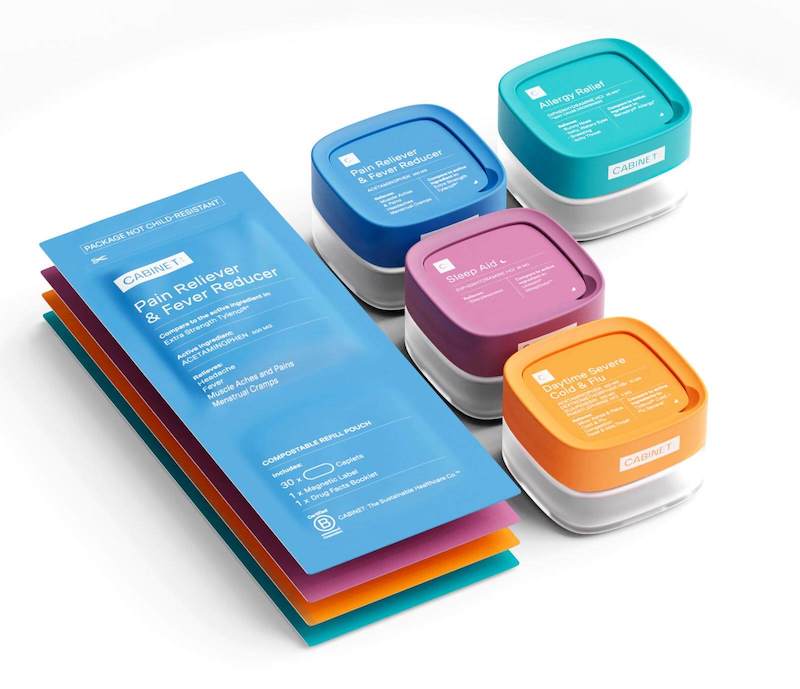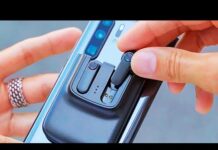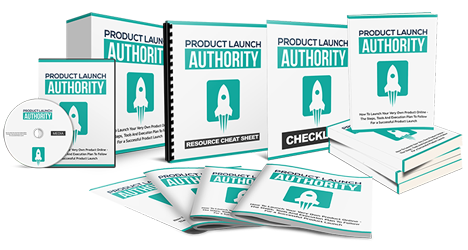Next time you’re in a drugstore, really look at it. The aisles and aisles and shelves and shelves of over-the-counter (OTC) medicines. For pain relief, colds and flu, allergies, digestion and sleep. Multiple brands, multiple formulas, multiple dosages. Notice all the plastic bottles. Would you believe 190 billion produced every year? With 90% of them ending up in our oceans, landfills and air supply and break down into microplastics that are spread all over our planet and that we ingest.
Achal Patel and Russell Gong, co-founders of Cabinet Health, are on a mission to remove single-use plastic from all medical applications. They are starting with OTC medicines with an end toward plastic reduction and environmental regeneration.
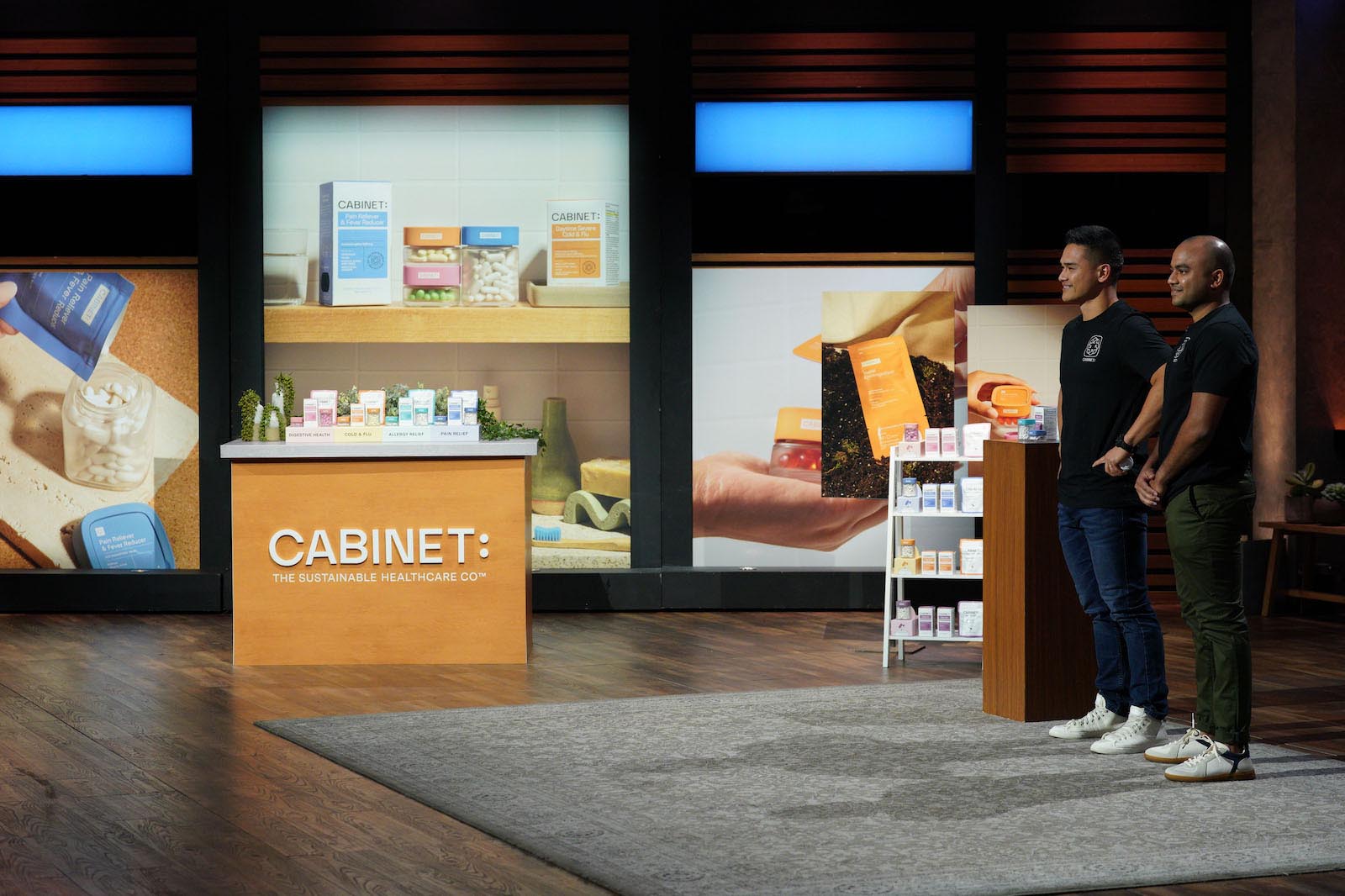
The two friends met at Deloitte Consulting. Achal, with a degree in foreign affairs and pre-health, had grown up around the OTC business: his grandfather, in the 1960s, built an acetaminophen factory in India. Russell, with a degree from the MIT Sloan School of Management, was born in Singapore, raised all over the world, and had spent seven years in the U.S. Army as an infantry officer. They combined their experiences in medicine and sustainable product development to found the world’s first and only sustainable and refillable medicine system.
Achal and Russell gathered around them a team of experts (called “Cabbies”) who are just as committed to the environment and determined to fight plastic waste and broader climate change. They went through thousands of designs, countless factory and pharmacy visits, and the founders’ life savings to create version 1.0 of their medicine system as a solution to the growing plastic waste crisis.
Their aim is to provide consumers and enterprises with plastic-free packaging for their everyday medicines, the highest quality products that science can offer, and personalized care supporting patients in sickness and in health.
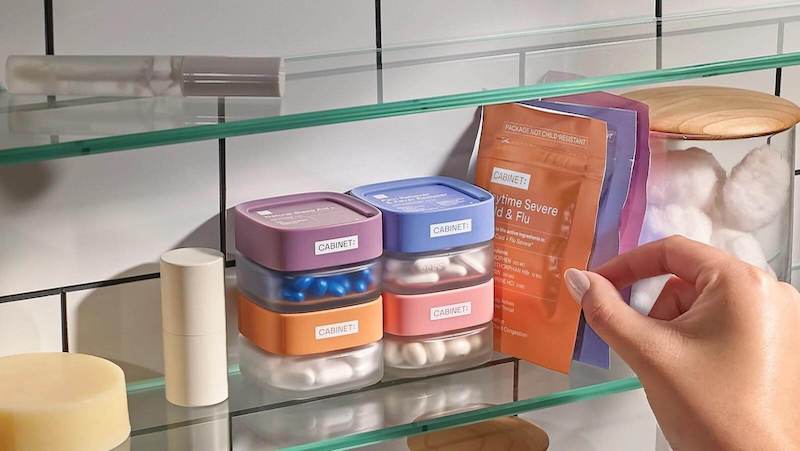
The Cabinet Medicine System
- Glass bottles that can be reused forever are shatter-proof and stackable for an orderly medicine cabinet.
- Child-resistant caps are color coded for your convenience, and they hold the magnetic labels.
- Magnetic labels, made from 100% recyclable materials, list the medicine name, ingredients, dosage, brand name equivalent, indications, instructions, warnings and expiration date. The labels also have the QR code. Scan the code to order refills. Or scan to go to the product page where you will find more detailed information on the medicine.
- Refill pouches are 100% compostable, made from earth-digestible materials (blend of wood cellulose and biosealants) and keep the medicine fresh and safe. Open the top of the refill pouch and empty the pills into the glass bottle. Then open the bottom of the pouch, remove the magnetic label and place it onto the lid.
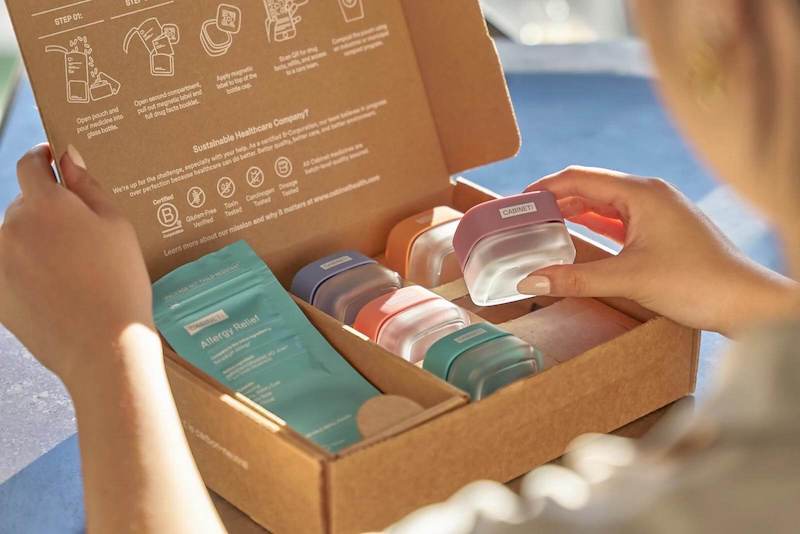
Each customer can eliminate one pound of plastic annually, hundreds of pounds of plastic in a lifetime, significant as people are making conscious choices to avoid plastic waste and the microplastics that are found in our food, water and, ultimately, bodies.
Achal and Russell’s vision is that one day every medicine cabinet, pharmacy and retail shelf is free of single-use medicine plastic and replaced with sustainable, high quality and affordable Cabinet Health remedies.
Naturally, Cabinet is a certified B-Corp that prioritizes minimizing carbon footprint, water waste, and material waste in their products and practices.
Fast Company, a magazine with a focus on innovation in technology, leadership, and design, named Cabinet Health one of the 10 most innovative companies of 2022 in their social good category.
Shark Tank Air Date: 01/13/2023 – Season 14 – Episode 11


